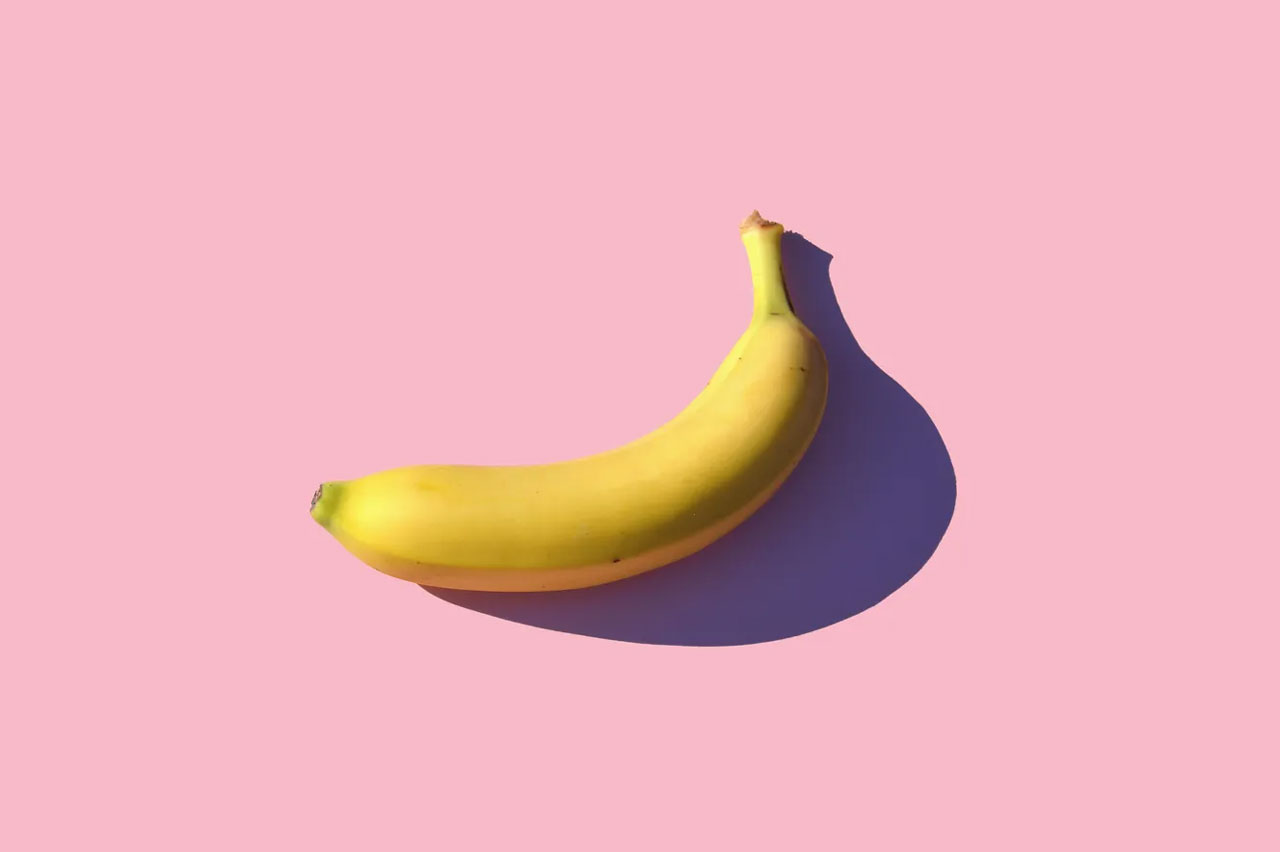To avoid catching a foodborne infection, it is essential to wash your hands, utensils, and work surfaces thoroughly. But for food, these rules are quite ambiguous. Some products need to be washed without fail, while others, on the contrary, should be kept away from running water, no matter how much you want to rinse them.
Be sure to wash fruits and vegetables:
- with an edible peel – regardless of where they were grown. It is enough to wash them with cool running water, you do not need to use soap: the porous surfaces of fresh products can absorb their ingredients
- with inedible peel: bananas, avocados, grapefruit, lemons, limes, melons. There are often germs on the peel, which can easily get under the peel if cut or peeled. To remove dirt from a melon, cucumber, or avocado, you can use a vegetable brush
Here is a list of foods that should never be washed:
- raw meat, chicken, turkey. Washing raw chicken under a faucet spreads bacteria with water splashes on hands, work surfaces, utensils, and clothing. Most often it is Campylobacter or Salmonella. Campylobacter poisoning can cause abdominal pain, severe diarrhea, and vomiting. The only way to kill bacteria is to cook chicken and other meats at a safe temperature. For beef, pork, lamb, and fish it is 80 °C, for chicken it is 90 °C
- fish. Washing your fish will increase the chance of cross-contamination, where bacteria can spread from one food to another, utensils, and surfaces.
- eggs. During processing at the factory, a coating is applied to the shell so that bacteria do not penetrate inside. If you wash the eggs, you can remove the protective layer or damage the integrity of the shell

